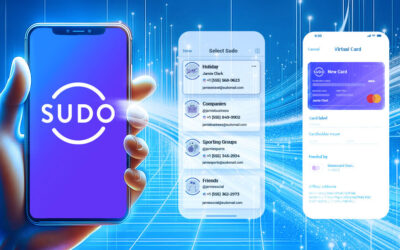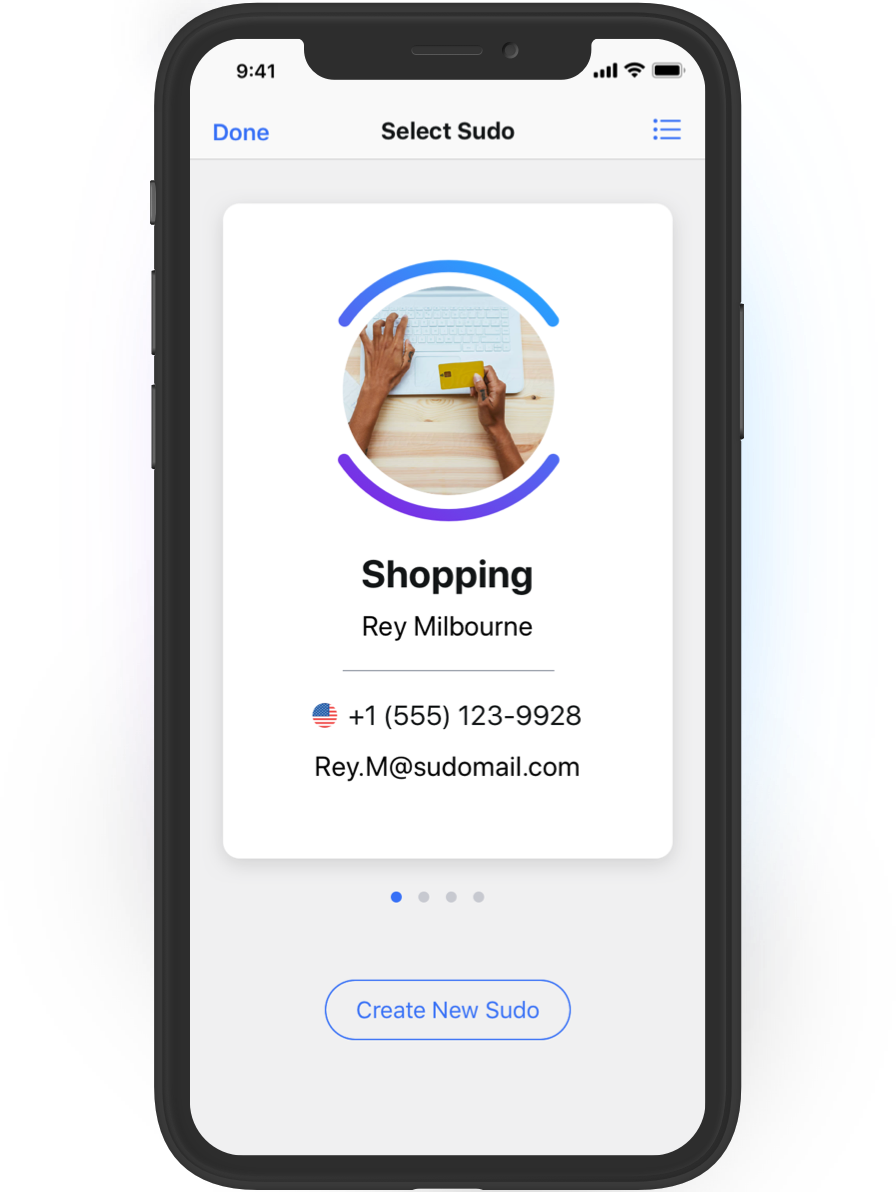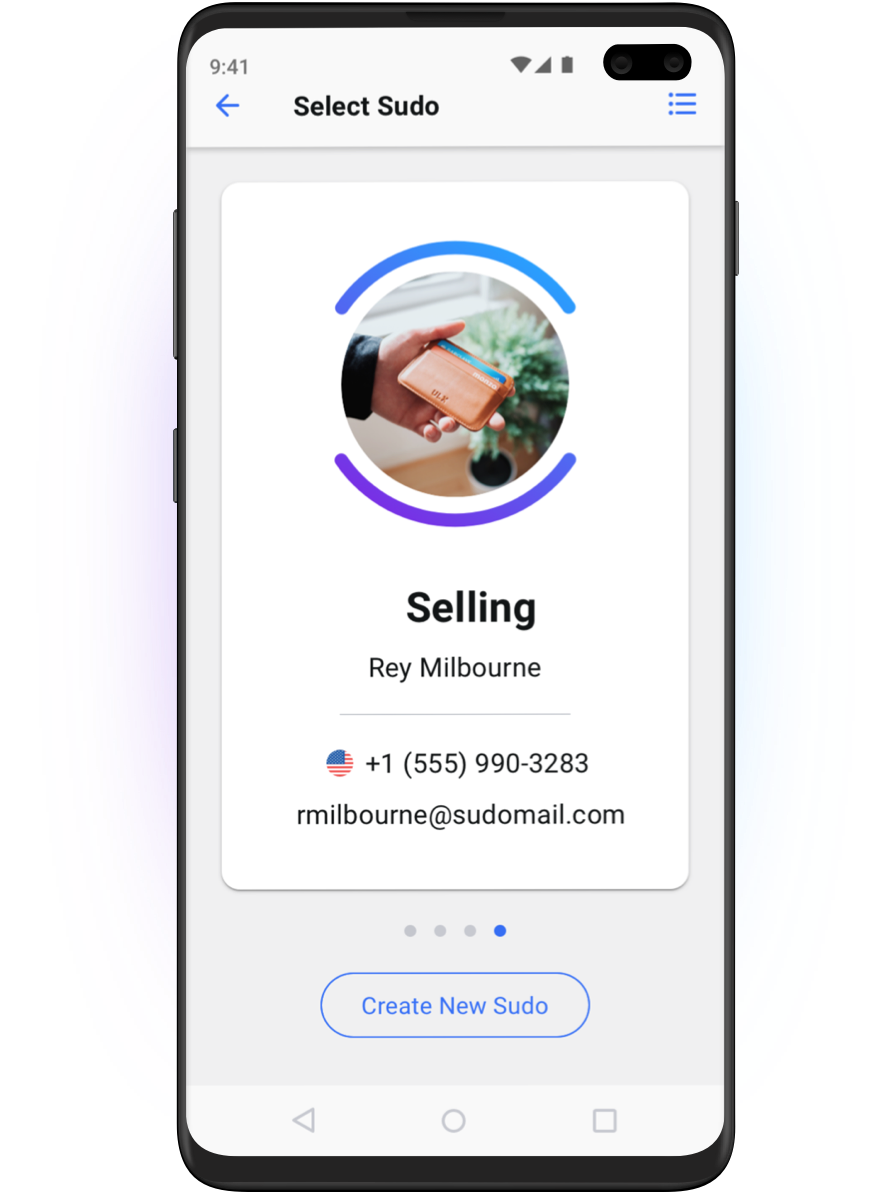If you’re excited about Google’s plans to introduce a “safety section” in the Google Play store to help you understand how Android apps, including Google’s own, use the personal data they collect about you, then hold up a minute.
We are joining other critics in saying Google’s move isn’t a privacy move so much as a security move. And as such it is missing a key aspect of privacy: what the companies behind the apps are doing with our personal data andhow they share it with other parties.
We believe the safety section is NOT Google’s answer to Apple’s privacy labels, introduced in December 2020, so much as a justification for why a user can trust an app with their data.
Google says the new section “will help people understand the data an app collects or shares, if that data is secured, and additional details that impact privacy and security”. But Google’s not really saying apps shouldn’t collect the data in the first place — which is increasingly Apple’s position, particularly with its new App Tracking Transparency (ATT) feature. Instead, the safety section is really asking app developers to justify their position for holding and using your data.
When the new safety labels become compulsory in Q2 of 2022, app developers who want to put their app in the Google Play store will have to declare:
- What personal data they collect, including users’ names and email addresses, and any information from the device, such as location data, contacts and photos and videos
- What they’re using that personal data for — is it for a better user experience or personalized ads, for example?
- Any good security and privacy practices they already have in place, such as data encryption or protecting children under Google’s Families policy
- Whether the app needs the data it collects to function or whether users have a choice about their data being shared (as they do on iOS apps through Apple’s new ATT)
- Whether the app’s safety section is verified by an independent third party
- Whether they will service the user’s right to data deletion requests if the user chooses to uninstall the app.
As we said, Google’s safety section and Apple’s privacy labels are not really a case of comparing apples with apples (pardon the pun). Critics are saying Apple privacy labels focus on the data apps are collecting for tracking purposes and what’s linked to the end user, whereas Google’s safety section is more about an app’s best practices and trustworthiness in collecting and handling a user’s personal data. While the independent verification on the Google labelling doesn’t happen on Apple’s privacy labelling, it is optional, and it also remains to be seen how rigorous it will be.
To us, this is all part of Google’s predictable misunderstanding of what safety means to many people. Yes, it’s about security of data, but Google’s repeated ploy to bait-and-switch a privacy concern into a security solution is missing a big aspect – how our data is being tracked, shared and sold. No amount of security-only thinking results in a privacy solution in this case. What’s more, Google going on about the evils of data sharing are moot since they are the biggest data hoarder there is.
So, if Google won’t look after your privacy, who will? The answer remains: YOU.
There are two effective ways to proactively protect your data privacy:
- Use a privacy-first tool like MySudo to de-aggregate your personal data, based on the powerful data protection strategy of compartmentalization.
- Make conscious choices to only do business with brands that respect and safeguard your personal data.
Download MySudo for iOS or Android.
Photo By Pe3k







